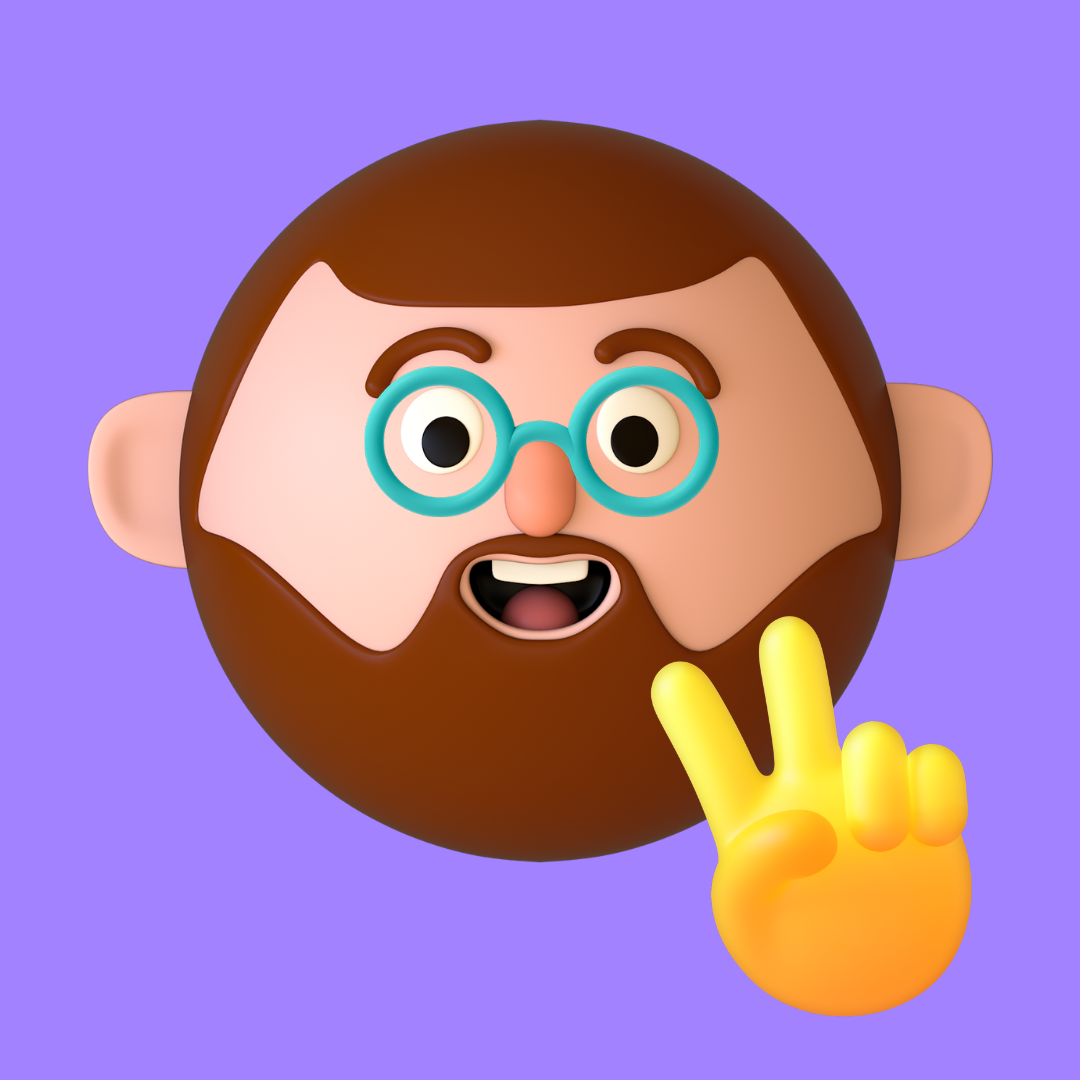Do you need a CV or a resume?

05 February 2023

What's the difference between CV and Resume, and which one should you use?
A resume is a summary of someone’s credentials. Usually a one or two-page document presenting key facts on qualifications, experiences, training and skills. A CV (Curriculum Vitae) is a more formal and a longer document that covers all details of your career. A resume is used for job search and the CV is used for academic purposes.
If you are looking for a job in an academic environment, i.e. schools, colleges, universities or training institutions, then call your document CV. If you are like the most people looking for a regular job in companies, then you call your document Resume. Isn't it simple? I am going to share a few more details from here on, but feel free to skip reading below since I already gave you what you need to know.
Idea in Brief
The difference between CV and resume is a simple one - primarily based on the intended use. Unless you are applying for jobs in universities or research institutions, you need a resume. Simple, right? but the majority in the job market don't understand this simple distinction yet. Confusion and lack of clarity leads to anxiety and during job hunts, anxiety isn't very helpful and should be avoided.
What's a CV?
CV stands for Curriculum Vitae. It's a very formal word. curriculum vitae (English: / ... ˈviːtaɪ, -ˈwiːtaɪ, -ˈvaɪtiː/, Latin for "course of life", often shortened to CV) is a short written summary of a person's career, qualifications, and education.
Where are we very formal these days? Academic settings, research institutions etc., where your academic credentials play an important role. It make sense since if the person applying to a teaching position isn't good at studies, how good are they going to be in helping others learn well.
So the document that focuses a lot on academic achievements, trainings, scientific papers published, citations etc. is something that the academic community favors to fill open positions, compared to a brief summary document that focuses on experiences - this brief document is called resume.
Are you looking for a job in companies?
If you answered yes, then you need a resume. The French word résumé means “summary.” It was borrowed by English speakers to mean a brief document that sums up a job seeker's employment history, training, achievements, education and skills.
Compared to the CV, the resume is brief and usually one or two pages. The CV sometimes can run into 4- 6 pages, whereas the resumes are usually maximum two pages, unless someone cheekily calls their resume CV.
The resume is used by employers to understand the credentials of job applicants. Since achievements in past work experiences and trainings is a good indication of future performance, employers prefer resume, which focuses on employment history, achievements at work and special skills one possesses.
CV is long and Resume is short
Assume you are calling your career summary CV and send to an employer, you do not have to panic. It is just not usual. That is all. Going forward you just call your document resume. That is all.
Assume you are applying to graduate school in the US for an MS or MBA. You will need a Curriculum Vitae, unless the admissions committee specifically instructs you to send in your resume. These days it has become normal for US B-schools to ask for a resume instead of a CV.
Put in other words, if you are fresh graduate applying to companies for jobs as Analysts, interns etc., you should call your document Resume and not CV or Bio-data. Calling the document correctly is a great first step in creating a good first impression in the minds of recruiters and hiring mangers.
Resume for most jobs and CV for academic positions
Keep in mind - resume is for regular jobs in companies like most of us seek most of the time and CV is for employment in academic or research institutions.

